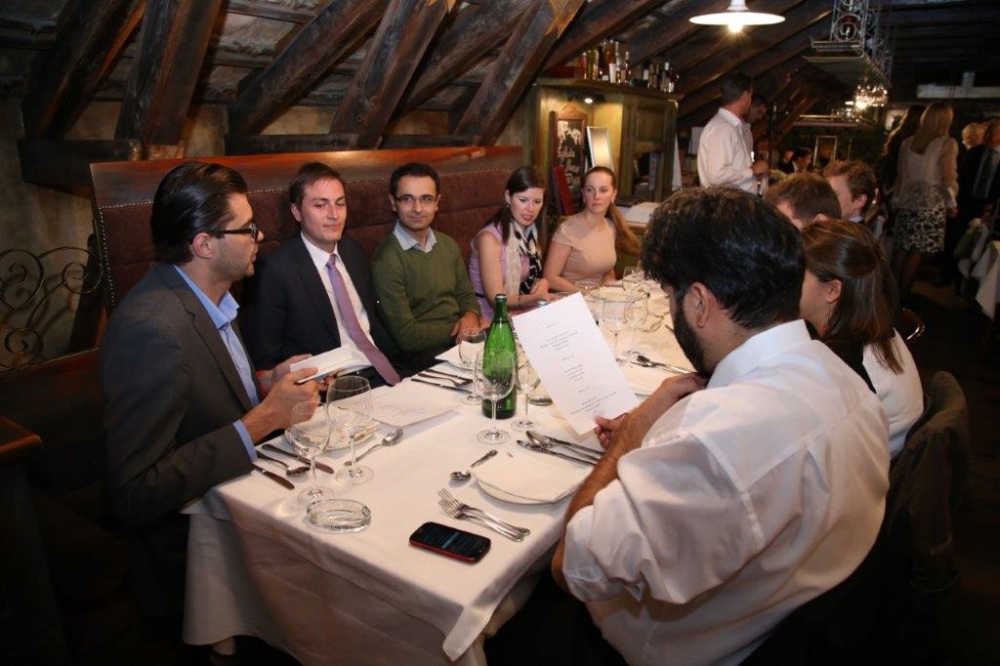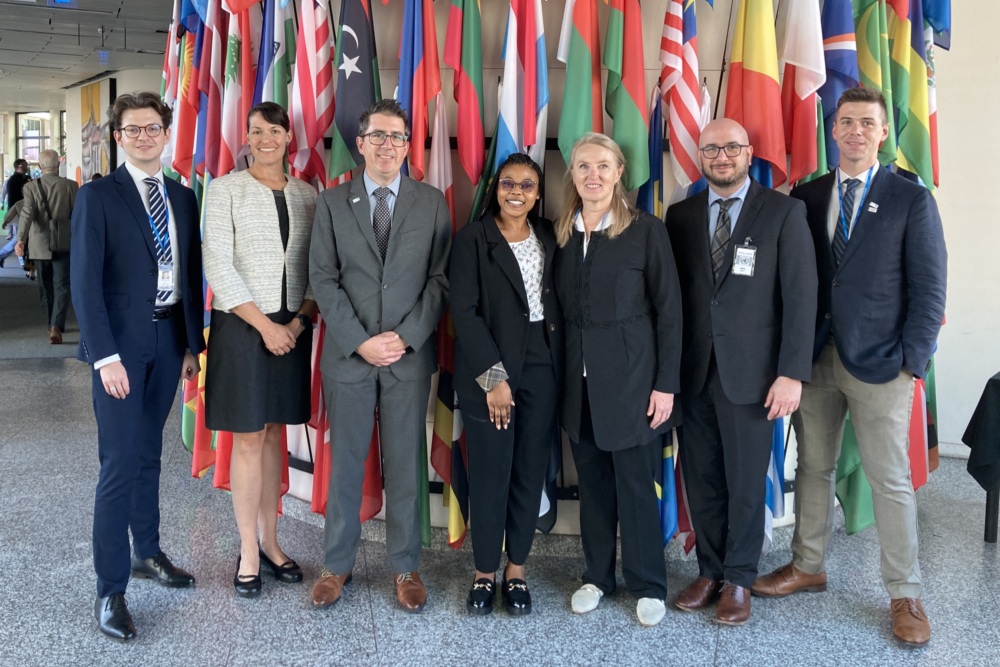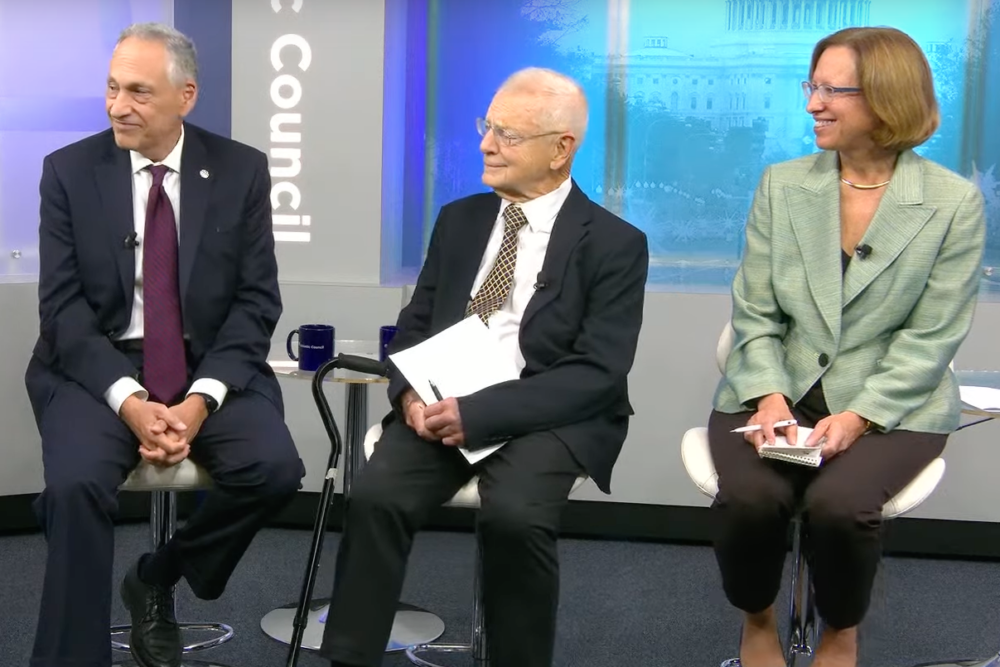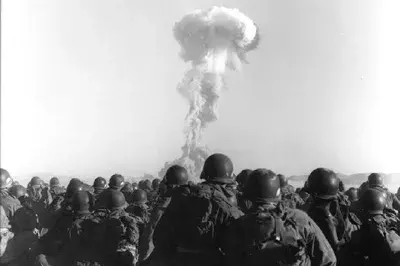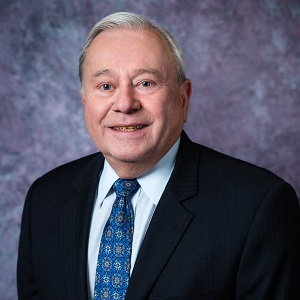
Robert E. Berls Jr., PhD
Senior Advisor for Russia and Eurasia
Atomic Pulse
The
Younger Generation Leaders Network on Euro-Atlantic Security (YGLN) is
a capacity-building initiative that is designed to foster dialogue among
emerging leaders from the United States, Russia, Ukraine, and Europe on
contemporary challenges facing the Euro-Atlantic region.
The YGLN will hold its sixth meeting in Warsaw, Poland from April
2-6.
As in the past, the network’s four working groups – civil society,
rule of law, security and economics – have prepared a robust agenda. Among the
topics the YGLN will discuss are the rise of populism, challenges to the rule
of law and independent judiciaries under populist regimes, generational
differences in global values, policies that may
damage the current economic system, reforming the international economic
system, enhancing strategic stability and security in Europe, and regional
security challenges.
These and other issues will be viewed and debated from the diverse
viewpoints of the YGLN participants and from the local perspective in Warsaw
where significant changes are taking place as a result of policies introduced
by the new government. In fact, the meeting has been extended by a day to allow
members to spend more time with our Polish colleagues and outside experts
discussing the challenges facing Poland’s domestic and foreign policies and
learning more about the rich culture and history of this critically important
country in the heart of Europe.
To better understand the YGLN, we recently surveyed a subset of
members. In our last
Atomic Pulse post, they discussed why they joined the YGLN.
Here, they address what they view as the most pressing security challenges
facing the region and how they believe the YGLN can help address these
challenges.
Pavel Kanevskiy, associate professor of political science and vice
dean at the Lomonosov Moscow State University and expert at the Russian
International Affairs Council:
Our generation’s biggest challenge is to
reinvent a common vision and global values, based on the ideas of progress and
enlightenment that would lead the world away from new conflicts, isolationism,
nationalism, mistrust. Many historical lessons remain unlearnt today, that’s
why our generation needs a lot of knowledge to avoid systemic traps. There is
no simple recipe for doing that, hence the challenge must be taken seriously
and realistically.

The YGLN’s greatest advantage is that the
network is built on trust and unites people who believe that a common vision
can exist in a broader global context.
It is up to the YGLN members to decide how
they want to address these challenges. … This network’s experience can be as an
example of confidence-building for many groups in the world that seek ways for
more peaceful cooperation, measures to reduce risks and manage conflicts.
Rachel Salzman, postdoctoral fellow at Georgetown University in
Washington, DC, and visiting scholar at the Johns Hopkins School of Advanced
International Studies:
The greatest security challenge our generation faces is the unwillingness
of current leaders to adapt to a shifting global environment with
forward-looking policies and programs.
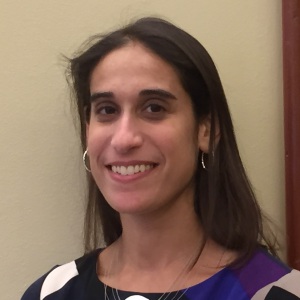
These are issues that underlie the foci of all
of our working groups. In that spirit, therefore, there are several core
questions that should undergird our discussions.
Each working group – Economics, Security, Civil Society, and Rule
of Law – should think about how these questions can be answered in relation to
their specific focus area.
These questions will
have different connotations for different issue areas and will likely mean
different things for different countries. The goal is not to reach consensus,
but to have a holistic discussion about Euro-Atlantic security that considers
all the relevant angles and nuances. If we can find a common language for the various
threats we face and challenges to overcome, however, we will be one step closer
to finding the regional and global modus
vivendi that has eluded our predecessors.
Joseph Dobbs, research fellow at the European Leadership Network:
Our generation faces
some enormous challenges, too many to single out one as the greatest. From
climate change to nuclear security, from hybrid warfare to terrorism and from
economic disintegration to dangerous levels of inequality, there is a great
deal of work to be done.
What
binds these issues however is a lack of mutual understanding and seemingly
decreasing commitment to international cooperation. Security challenges that
can be solved unilaterally are fewer and further between, yet a belief that
some countries can go it alone has only become stronger.
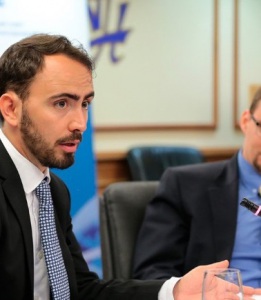
In this respect the
greatest security challenge our generation will face will be to reinvigorate
internationalism in a way that will be sustainable in the 21st
century.
The YGLN is incredibly
well placed to help our generation deal with this challenge. At every meeting
we sit across from colleagues from countries we do not yet understand with
perspectives we have not yet considered. We are able to look beyond our elders’
diplomatic conflicts to appreciate a common desire to achieve a secure and
prosperous Euro-Atlantic region. This will stand those of us who continue our
careers into roles in which we can bring about real and lasting change.
If just one of my YGLN
colleagues finds themselves in a position of power, and given the quality of
the group I would be surprised if it was only one, then the work of the YGLN
will hopefully have left them with a better understanding of their world and
leave them less likely to repeat the mistakes of the
past.
Bartosz Rydlinski, assistant professor at Cardinal Stefan
Wyszynski University in Warsaw; expert with the “Amicus Europae” Foundation of
former Polish President Aleksander Kwasniewski:
My generation faces various threats. Since 9/11,
international terrorism has been an everyday danger for all people living
across the globe. Since the war in Ukraine, we have been witnessing the new
Cold War reality where the West and Russia can bring all the tragic 20th
century risks back.
Avoiding future clashes between the West and Russia is strongly connected with people-to-people contact.

For that reason, YGLN plays a crucial role for bringing the next generation of professionals from Euro-Atlantic zone to create new way of community at these extremely difficult and unpredictable times.
Diāna Potjomkina, research fellow at the Latvian Institute of
International Affairs; lecturer at Riga Stradins University:
Our
generation is facing increasing volatility and nihilism in public opinion in
our own countries and internationally, which leads to all kinds of negative
consequences: radicalism, discrimination, rejection of traditional forms of
authority without suggesting any viable alternatives. We also face grave lack
of trust internationally. … Unfortunately, we do not yet have ready-made
answers and political consensus on how to deal with these challenges. The YGLN unites representatives of a very broad spectrum of nations who would not be meeting otherwise and helps to avoid alienation.
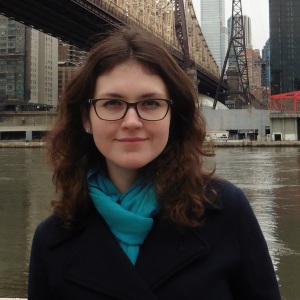
While our governments, and ourselves, frequently have different views on issues, we are committed to exchanging our views in a spirit of respect and to working together in a spirit of equality.
While our governments, and ourselves, frequently have different
views on issues, we are committed to exchanging our views in a spirit of
respect and to working together in a spirit of equality. Moreover, we can often
agree on specific measures to be taken for solving specific international
problems. Discussions at the YGLN have significantly contributed to what I do
professionally.
Igor Istomin, senior lecturer at the Department of Applied International
Political Analysis, MGIMO University, Moscow.
The two major interconnected challenges we are about to face are
the return of great power politics, with its intensive security competition, as
well as (desire) for power and prestige, and the rise of social inequality.
One
of the principal sources of conflict on international arena is not genuine
clash of interests, but information asymmetry. It is related to the fact that
political actors are aware of their own preferences but not the preferences of
their counterparts. This fuels, quite often, mutual suspicion and hostility.
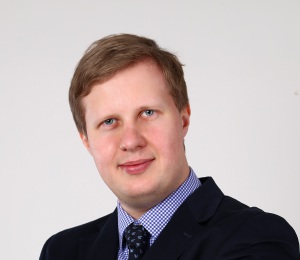
The kind of dialogue that YGLN provides is
helpful at least on the expert level to get much better sense about
perspectives of the other sides. Not just to read it in a form of report or a briefing, but to get a feeling of their concerns and reservations from personal dialogue.
Not just to read it in a form of report or a briefing, but to get
a feeling of their concerns and reservations from personal dialogue. The
breadth of participation in YGLN in terms of countries represented enables to
achieve a more encompassing picture of European security than in many other
formats, which are usually either bilateral or trilateral.
Mattison Brady, program associate for the Kennan Institute at the
Woodrow Wilson International Center for Scholars in Washington, DC:
The greatest security challenges of our generation are
indistinguishable from the challenges our societies face on the whole. Climate
change, and the migration and resource challenges it poses, is easily the
biggest challenge of human history. Its effects, causes, and solutions, all
transcend national and organizational boundaries and will require a similarly
transcendental effort to come to terms with.
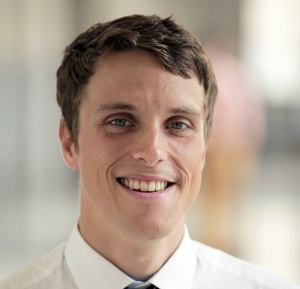
YGLN provides a format that allows a wide
spectrum of specialists from public and private sectors to compare notes,
feelings, and ideas on how to tackle some of the complex issues that are facing
Russia, Europe, and the U.S.
This group alone will not solve any of the great challenges that
face its collective membership, however, it is exactly these types of
citizen-to-citizen contacts that facilitate collaborative problem-solving
between nations when their individual interests might otherwise win out.
Sign up for our newsletter to get the latest on nuclear and biological threats.
Lynn Rusten, vice president of NTI’s Global Nuclear Policy Program, shares her reaction to the 2023 Strategic Posture Report during a panel event at the Atlantic Council.
There is no noise at first, only a flash so bright that the soldiers see their own bones and blood vessels through their skin, as if they have x-ray vision.
